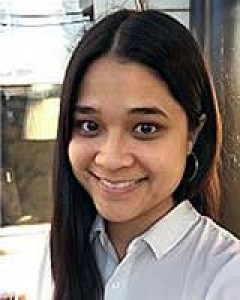Now published, see the full article 
Early Abstract:
Native Americans have some of the worst health outcomes of any minority group in the United States, and are severely underrepresented in the health professional workforce. From 2009-2015, partners from a tribal college in rural North Dakota and academic institutions in New York collaborated to create a program wherein non-Native health professionals traveled to the reservation to teach a summer course to Native students. This study assesses the impact of the program on both the Native students who took the course and the non-Native health professionals who taught the course. Focus groups composed of former students in the program were held in Spirit Lake, North Dakota. Non-Native student teachers were surveyed using an online survey tool. Focus group data were analyzed using grounded theory methodology. Survey data were analyzed using descriptive statistics. Fifteen former students participated in the focus groups. Participants stated that their experiences in the course increased interest in health professions and knowledge of public health issues. Participants also described barriers to entering health professionals for Native students and the benefits of close interaction with non-Native individuals. Eighty-six percent (24/28) of former course teachers responded to the survey. Survey respondents stated their experiences in North Dakota increased their understanding of underserved populations and their interest in working in rural areas. This study assesses the successes and limitations of a collaborative, inter-professional immersion program in rural North Dakota. Similar programs may increase the number of Native Americans in health professions and increase non-Native health professional interest in and engagement with rural communities.

